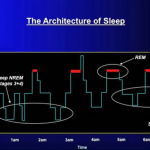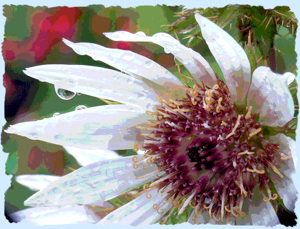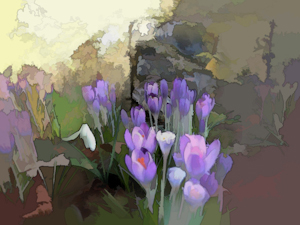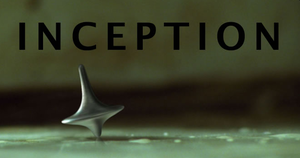[The topic of Dreams is something I have not originally planned to include here in this series which was primarily designed to address the issue of Upanishadic support for considering deep sleep itself as Liberation (moksha).]
Please allow me here to take a short digression to discuss dreams because of a few questions raised by our esteemed readers.
First of all, I would like to correct the misconception that some of us have that the moment we hit the pillow and get lost in sleep, we just flow through one continuous phase of dreaming, then deep sleep and, lo behold, we get up refreshed in the morning. So, to this extent, the sequence of Awake state (A), Dream state (U), and Deep sleep (M) corresponding to AUM as presented by Mandukya Upanishad is awfully way out. *** The Upanishad says that these three states arise in an everlasting turIya which is compared to the ‘silence’ at the end of AUM. *** Several experimental studies carried out over a period of more than half a century demonstrate that the architecture of our sleep pattern is vastly different as experienced by us every night. A typical hypnogram (the nightly sleep cycle) we go through each night is shown in Fig. 1. (Please click on the figure for an enlarged view).






